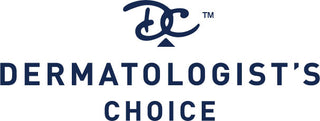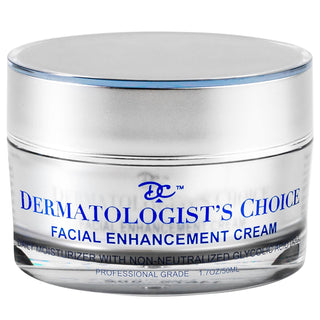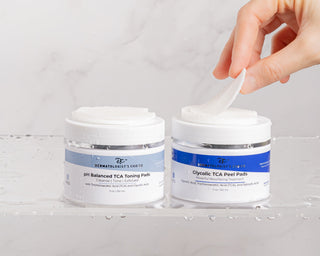
What is Retinol?
Retinol is a form of Vitamin A in its alcohol form, often marketed as a miracle skincare ingredient for anti-aging. However, it is much weaker than its prescription counterpart, Retin-A (retinoic acid). While Retin-A is an active, prescription-strength treatment with proven efficacy, retinol is considered the inactive form and, according to Dr. Bottiglione, does not deliver the same results. People often confuse the two, expecting the benefits of Retin-A, but retinol falls short in producing significant improvements for the skin.
The Benefits of Retinol: Separating Fact from Fiction
Despite the hype surrounding retinol in the beauty industry, Dr. Bottiglione, with over 50 years of dermatological experience, believes it offers minimal benefits. Retinol lacks the strength required to create meaningful changes in skin texture, wrinkle reduction, or cell turnover. In comparison to more potent ingredients like glycolic acid or TCA (trichloroacetic acid), retinol doesn’t come close in effectiveness. Both glycolic and TCA acids stimulate skin renewal and provide a smoother, more youthful appearance, whereas retinol’s effects, if any, are much less visible.

Why Do People Use Retinol?
The skincare industry has heavily marketed retinol as a key to youthful, wrinkle-free skin. However, in Dr. Bottiglione's experience, retinol simply doesn’t have the potency to achieve the results people hope for. Consumers are often led to believe that using over-the-counter retinol products will smooth their skin and reduce wrinkles, but in reality, these expectations are rarely met. Dr. Bottiglione has found far more success using active ingredients like glycolic acid and TCA in both his clinical treatments and over-the-counter products.
Should You Skip Retinol?
Given its limited efficacy, many might consider skipping retinol in favor of stronger, clinically tested alternatives. For those serious about anti-aging and skin smoothing, Dr. Bottiglione recommends ingredients with proven results, like glycolic acid and TCA. These acids provide noticeable improvements in skin texture, reducing wrinkles, and boosting collagen production without the need for a prescription. Retinol simply doesn’t measure up in comparison.
How Often Can You Use Retinol?
Because retinol is relatively weak, it is generally safe to use every day without the risk of over-exfoliation or irritation that stronger treatments might cause. However, this daily use is unlikely to result in the dramatic improvements seen with more potent alternatives like prescription Retin-A, glycolic acid, or TCA peels.
Key Ingredients to Avoid with Retinol
While retinol is gentle enough for daily use, it’s important to be cautious when layering other active ingredients in your routine. Some exfoliating acids, such as alpha hydroxy acids (AHAs) or beta hydroxy acids (BHAs), may irritate the skin when used in combination with retinol. However, since retinol’s impact is minimal, many individuals find they can use it alongside other skincare ingredients without any issues.
Sunscreen: A Must
Regardless of whether you’re using retinol, glycolic acid, or any other active ingredient, applying sunscreen daily is crucial. Sun damage can accelerate aging and counteract any efforts to improve the skin, so consistent SPF use will protect your skin from further harm.
Alternatives to Retinol: Dr. Bottiglione’s Recommendations
Dr. Bottiglione has been developing skincare treatments using active non-neutralized glycolic and TCA acids for over 50 years. These ingredients are far more effective at reducing wrinkles, improving skin texture, and stimulating collagen production than retinol. He recommends the Dermatologist’s Choice Glycolic Peel Cleansing Pads or the Ultra Anti-Aging Cream, both formulated with active glycolic acid. Glycolic acid works by gently exfoliating the top layer of the skin and promoting collagen production, resulting in smoother, plumper skin. TCA, often used in chemical peels, is another powerful option for those seeking significant wrinkle reduction.
The pros of these alternatives? You get clinically tested, visible results—something Dr. Bottiglione trusts after decades of treating patients. The cons are that these treatments can sometimes cause initial skin sensitivity or peeling, but the results are worth the effort. These acids are available over-the-counter and don’t require a prescription, making them accessible yet powerful alternatives to retinol.
The Bottom Line
When it comes to managing aging skin, it’s important to invest in treatments that work. Dr. Bottiglione’s 50 years of experience have shown that glycolic acid and TCA are far superior to retinol in reducing wrinkles, improving skin texture, and delivering noticeable results. For those seeking real, effective anti-aging solutions, it’s time to move beyond retinol and explore proven alternatives like Dermatologist’s Choice products.















